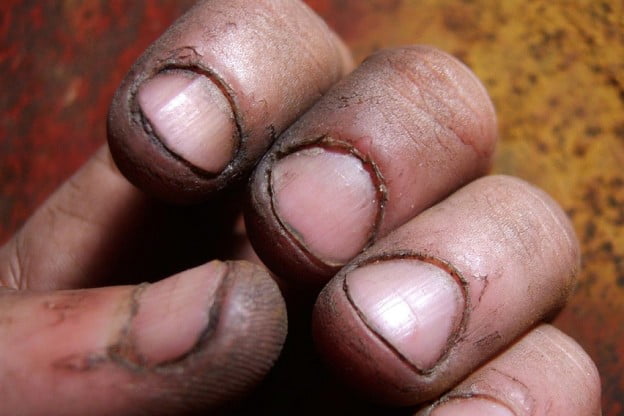Sexual Health, Questions & Answers
Q & A: Shouldn’t There Should Be Blood With First Intercourse?
QUESTION: I had my first intercourse and I didn’t bleed. I know this is sometimes caused by sports or self-fingering, or by being fingered by a partner — but my problem is, I have never fingered myself or let other people finger me, and I barely do any sports. Maybe I’m simply born with a thin hymen? Is it normal if I didn’t bleed during first sex, when I’ve never been touched or done any sports?
The short answer is: yes! Some girls are born with a thin hymen and others are born with a thicker hymen. The hymen is tissue that partially covers the vaginal opening. It’s filled with blood vessels and that’s what causes the typical bleeding when a woman first experiences vaginal intercourse or vaginal penetration.
Because the tissue can vary in thickness or amount, every woman’s experience with bleeding and first vaginal penetration is different. I’ve heard from some women who experienced pretty significant amounts of blood, to the point where they were scared something might have gone wrong — but they had no other symptoms and likely just had a thick or large hymen.
Other women, like you, had their first vaginal intercourse and didn’t notice any bleeding at all.
The Cultural Side
For women who are part of cultures, families, or religions where vaginal bleeding upon first intercourse isn’t necessary or prized, this lack of bleeding may simply seem a little curious. Unfortunately, women in some cultures and families may still be judged (and harshly) if they are found not to have a noticeable hymen or bleeding from first intercourse.
The Scientific Side
And yet, research shows that not all women bleed from intercourse and not all females have a hymen.
Additionally, research has demonstrated that even gynecologists cannot always tell by examining a woman’s genitals whether she has ever had intercourse. One can’t tell by a man’s genitals whether he has had intercourse or other kinds of sex play, either.
We’re all a little different from one another and that’s okay. Now that you are having intercourse, you might consider making an appointment with a gynecologist, if you haven’t yet been, to start getting familiar with your sexual and reproductive health care.









